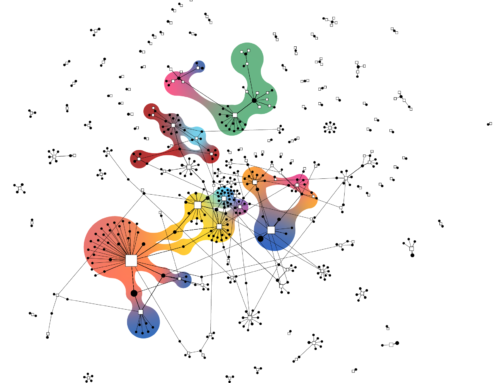Marketing ethics, the moral principles that guide the conduct of marketing professionals and organizations, involves adhering to standards of fairness, honesty, and responsibility in all marketing activities, from market research and product development to advertising and sales. In the context of AI, marketing ethics takes on new dimensions and challenges, as recent debates suggest.
The rapid growth in Google searches for “AI ethics” (an increase of 285% in the last 24 months) highlights the rising concern and interest in ensuring that AI is developed and used responsibly. As businesses and governments handle the potential risks and ethical dilemmas posed by generative AI, there is a growing recognition of the need for clear moral principles and guidelines.
Key ethical considerations in AI-powered marketing include:
- Transparency: Ensuring that consumers are aware when they are interacting with AI systems and that the capabilities and limitations of these systems are clearly communicated.
- Privacy: Protecting consumer data privacy and obtaining informed consent for data collection and usage in AI-driven marketing initiatives.
- Fairness and non-discrimination: Ensuring that AI algorithms used in marketing do not perpetuate or amplify biases based on race, gender, age, or other protected characteristics.
- Accountability: Establishing clear lines of responsibility and oversight for AI-powered marketing decisions and outcomes.
The passage of “The AI Act” by the EU is a significant milestone in AI ethics regulation, and it sets a precedent for other countries to follow suit and establishes a legal framework for ensuring that AI is developed and used in a way that respects fundamental rights and values.
Looking ahead, the concept of “Responsible AI” is also gaining traction as a meta trend encompassing AI ethics. With searches for “Responsible AI” increasing by 4900% over the last five years, it is evident that organizations are increasingly focused on making appropriate ethical choices in their AI implementations.
As awareness grows and best practices emerge, responsible AI is likely to become a mainstream consideration in marketing and other business functions within the next five to ten years. For marketing professionals, this means that ethical considerations must be integrated into every stage of the marketing process when using AI, being transparent about the use of AI, ensuring that consumer privacy is protected, regularly auditing AI systems for bias and fairness, and establishing clear accountability measures. By embracing responsible AI practices, marketers can manage the power of AI while maintaining consumer trust and upholding ethical standards.


